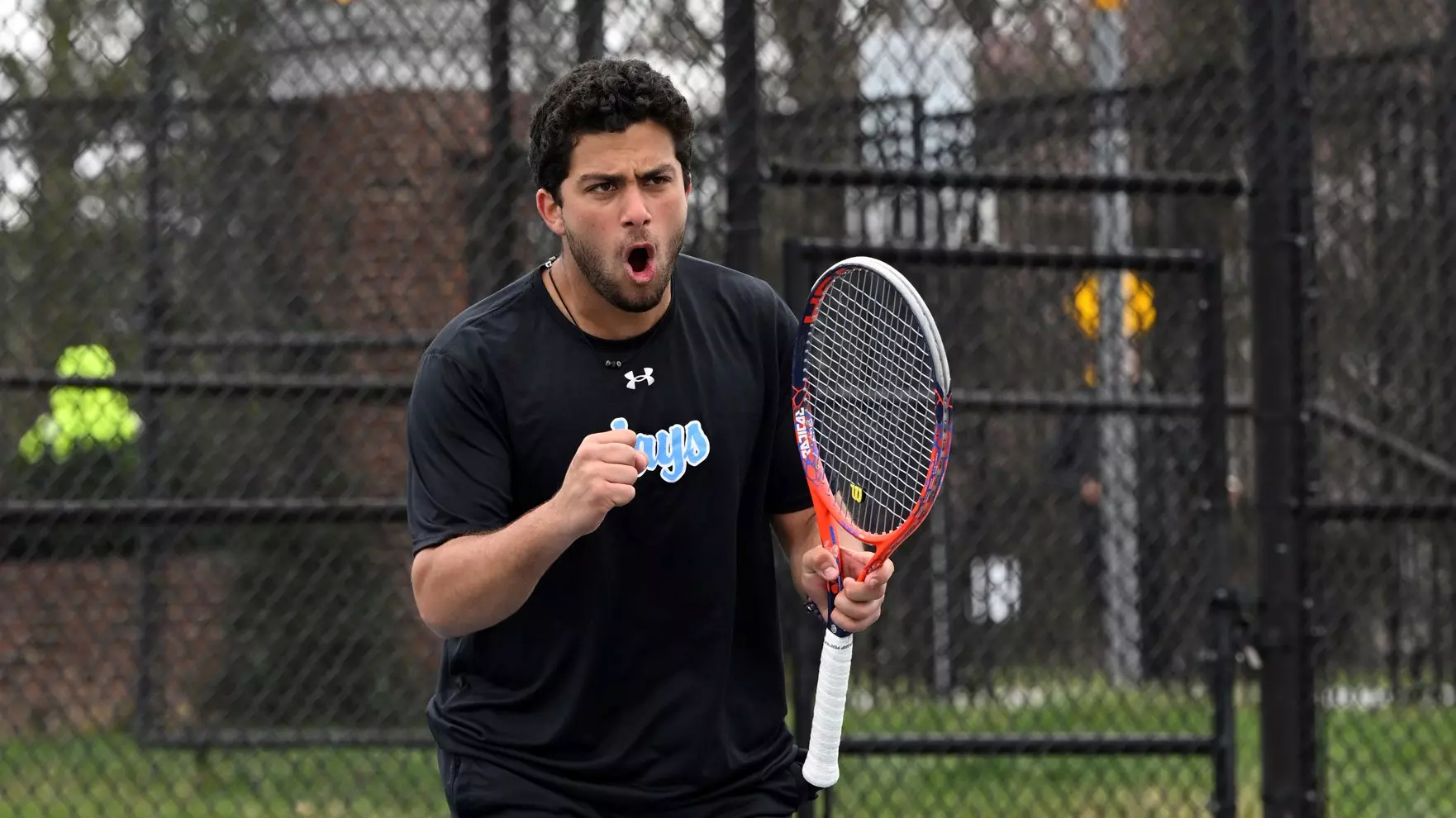
We hosted a live session with Mike Mucci, former Division I head coach at Jacksonville State and assistant coach at Penn State to unpack the real stories behind U.S. college recruitment. From the outside, Mike’s resume ticks all the boxes: major D1 experience, deep recruiting networks, and an insider’s view on how athletes are scouted. But what really sets him apart is how much he cares about doing things the right way and helping families avoid the common traps.
In this conversation, Mike gets candid about the behind-the-scenes realities of college coaching, the transfer portal, how players are evaluated, and why “fit” matters more than the flash.
Whether you’re a parent trying to support your child or a student-athlete starting to explore your options, these insights are gold.
Mike’s path wasn’t typical. He didn’t play for a big-name tennis program, he came through Niagara University, a smaller D1 school, and worked his way up the coaching ladder. By the time he reached Penn State, he had seen the full spectrum: from programs that had limited resources to one of the largest athletic departments in the country.
But even with the prestige of Penn State, he made a choice to pivot, not because he fell out of love with college tennis, but because he wanted to stay involved in the game in a way that was more personal, less transactional.
“I started thinking about what I’d want to do if I wasn’t coaching,” Mike said. “And for me, it always came back to helping families navigate the college process. It’s personal.”
That’s the energy he brings to Platform.
One of the biggest risks in the college journey is a coaching change. It’s more common than you’d expect.
“Assistant coaches typically stay for two to four years, and then move on,” Mike explained. “Even head coaches are constantly pivoting, from D2 to D1, or mid-major to Power Five.”
What does this mean for families?
It means you should always meet the head coach, not just the assistant. And it means you shouldn’t pick a school based solely on the coach because they might not be there a year from now.
Forget the surface-level “What’s a typical day like?” every coach has a polished answer for that.
Instead, Mike suggests asking:
“Tell me about a time a player challenged you, and how you handled it.”
This gets to the heart of their coaching style. “You’ll be with this person for four years,” Mike said. “There will be hard moments. You want to know how they handle adversity, not just how they sell the dream.”
It’s the question every student-athlete asks: Should I go for the biggest name, or start somewhere I’ll actually play?
Mike was blunt: “If you’re not playing in your first year, the chances of building momentum are low. You can recover, but it’s harder.”
He’s seen athletes come in at the #5 or #6 lineup spot and work their way up but only if they’re actually on court. Sitting on the bench? That’s a fast track to the transfer portal.
“Start somewhere that gets you playing time. Build confidence. Then, if you want to transfer up, you’ll have the results to back it up.”
Mike talked about watching players from New Zealand and Australia come into college with a “lower” UTR, then jump a full point in six months.
“Kids from this part of the world are used to team sports. They’re competitive. They thrive in that college environment.”
He shared a story of a player he passed on who later beat his team at Jacksonville State. “He was begging to come to our program. I didn’t take him. That was a mistake.”
His advice: “Don’t underestimate what development looks like. If you’re a late bloomer, that doesn’t mean you don’t belong.”
At Penn State, Mike said the coaching team always preferred to recruit freshmen.
“Transfers bring baggage,” he explained. “They come in comparing their old school. You have less time to build trust. With a freshman, you get to start clean and build something.”
That doesn’t mean transfers aren’t valuable. But it does mean that if you’re aiming for a high-level program, showing that you’re organised, proactive, and easy to work with as a freshman goes a long way.
A 4.0 GPA can save your family tens of thousands of dollars.
Mike broke it down clearly: “Especially in men’s tennis, full athletic scholarships are rare. But if you’ve got good grades, you can stack academic money on top.”
He also warned about strict schools like Penn State, where even a “C” on your transcript might be seen as a “D.”
“You don’t need to be perfect, but being on top of your academics shows coaches you’re reliable. You can’t fake that.”
Some lessons are simple but still need saying.
Mike shared stories of recruits joining Zoom calls shirtless, in the back of a car, or wearing a hoodie pulled tight over their face.
“You’d be surprised,” he laughed. “First impressions matter. If it feels like pulling teeth to talk to you, that’s a red flag.”
Be engaged. Be yourself. Ask smart questions. Act like you want to be there.
Yes, college coaches will look at your Instagram.
“Don’t treat it like a liability. Treat it like an opportunity,” Mike said.
His tips?
You don’t need to rush into committing. But you do need to start building your game plan early.
Get organised. Have a highlight reel ready. Reach out. Ask the right questions. Stay on top of your academics.
As Mike put it, “We’re not looking for perfect players. We’re looking for players who know who they are, what they want and are ready to put the work in.”
Missed the live session? No worries! Watch the full replay here.
Not part of the family yet? Get in touch here to book a free consultation and start building your game plan with someone who’s been on both sides of the college sport journey.